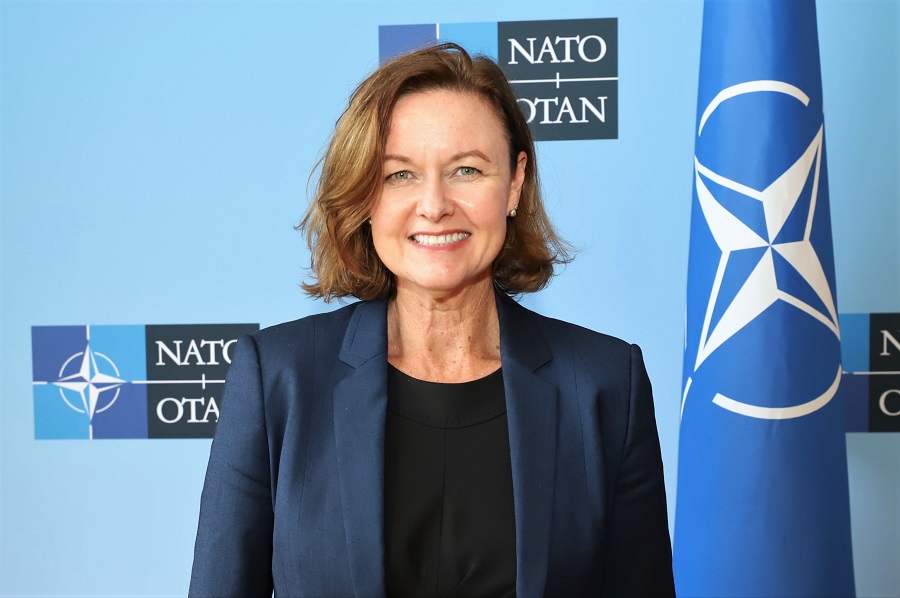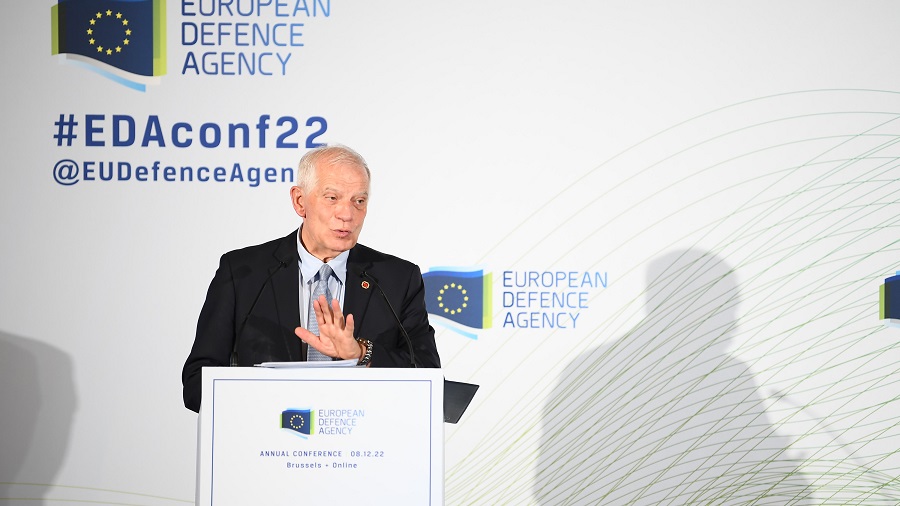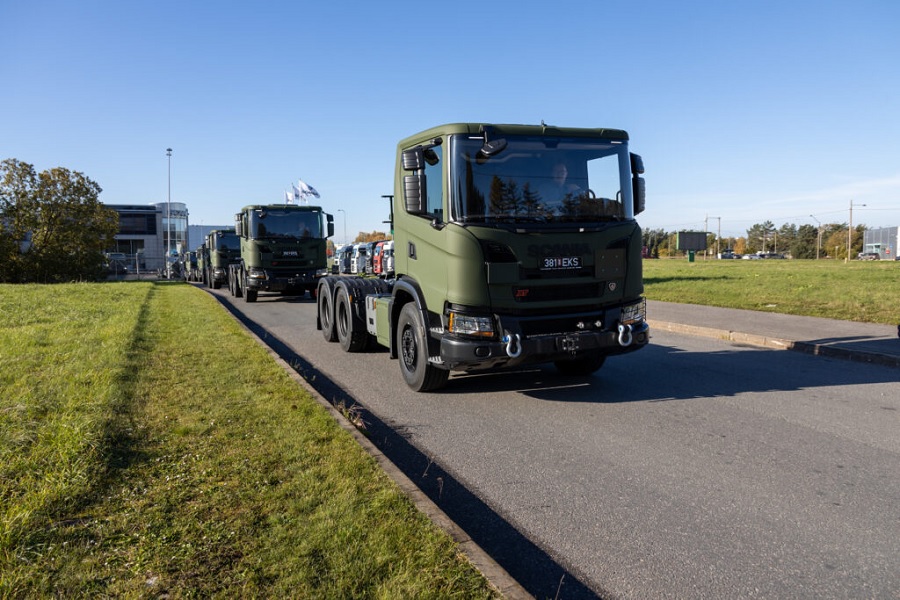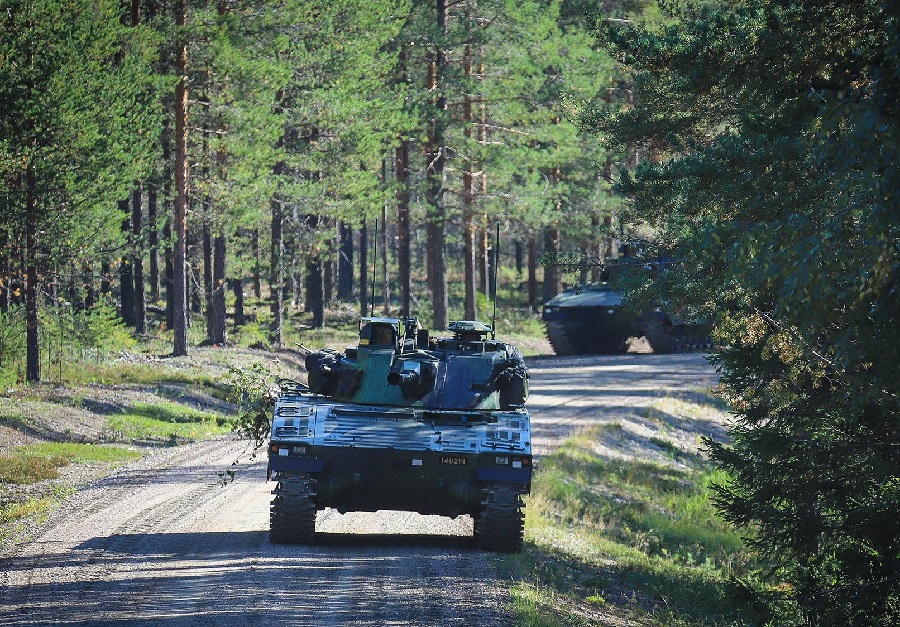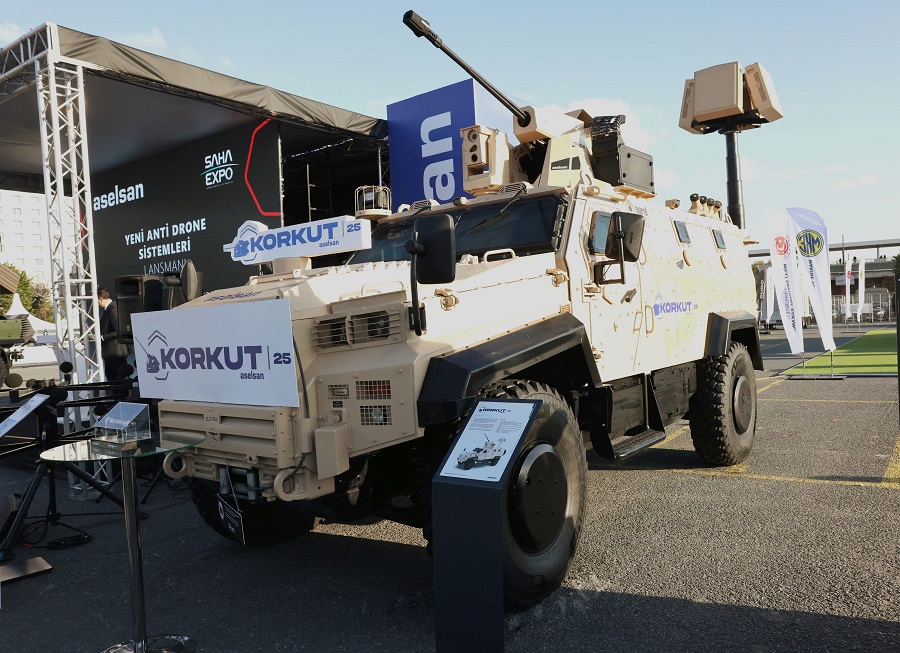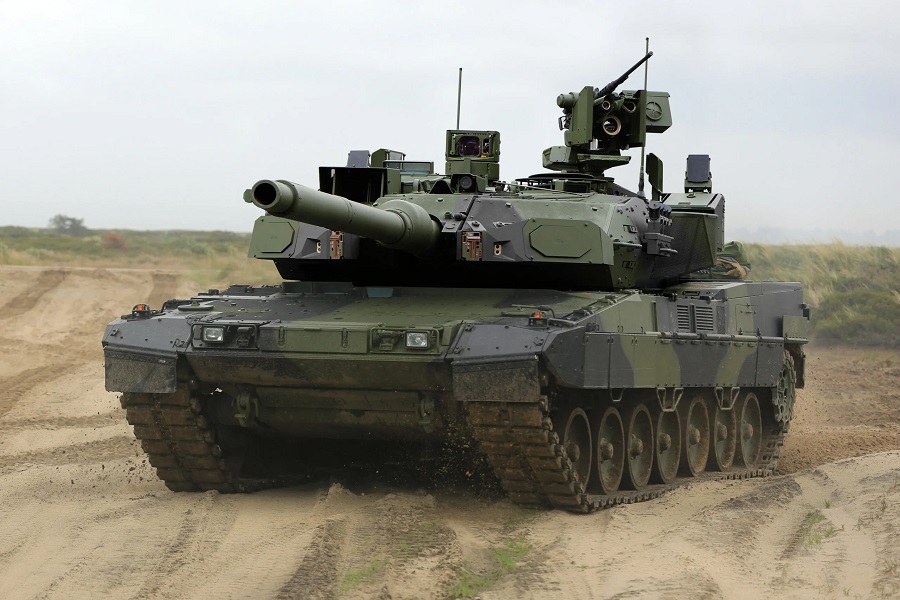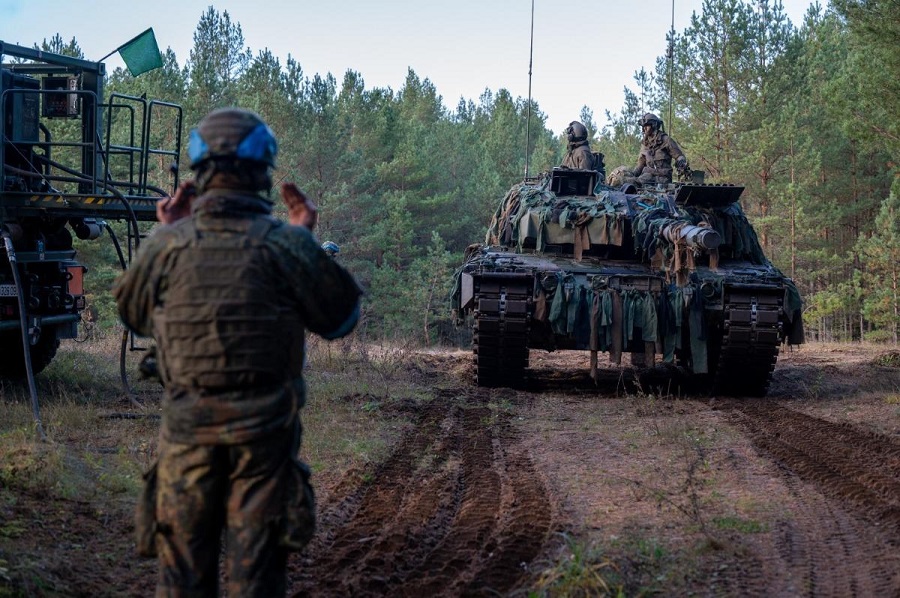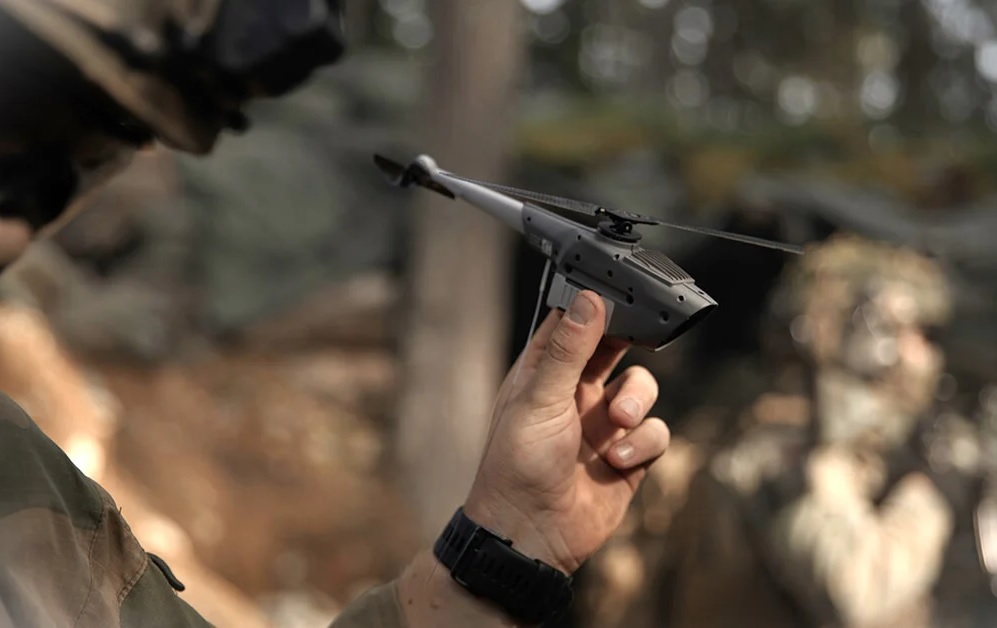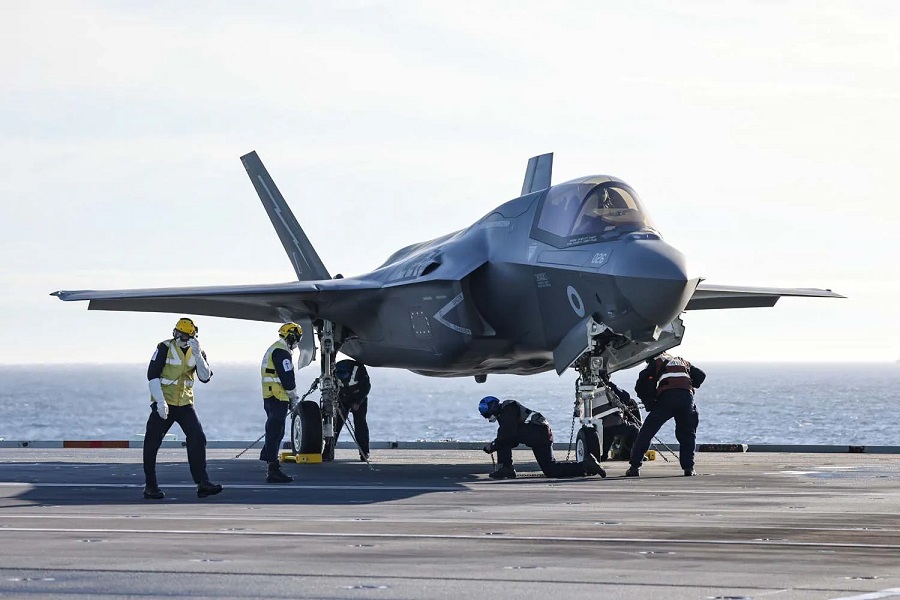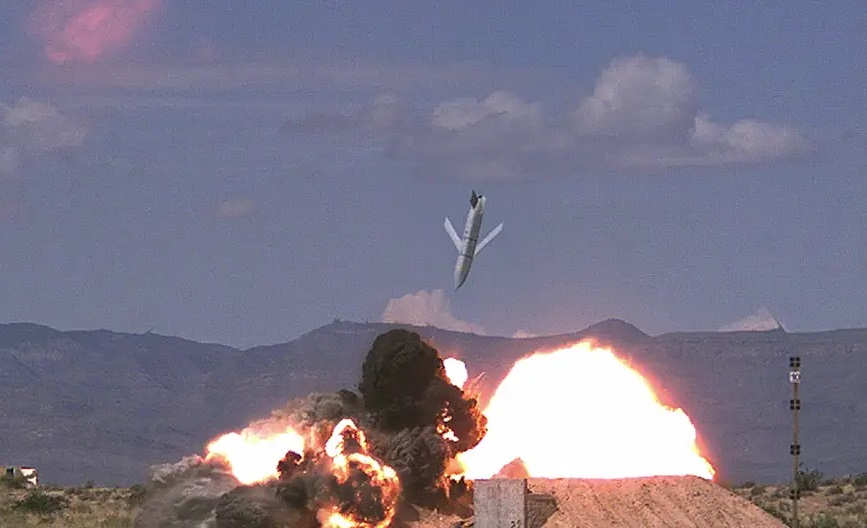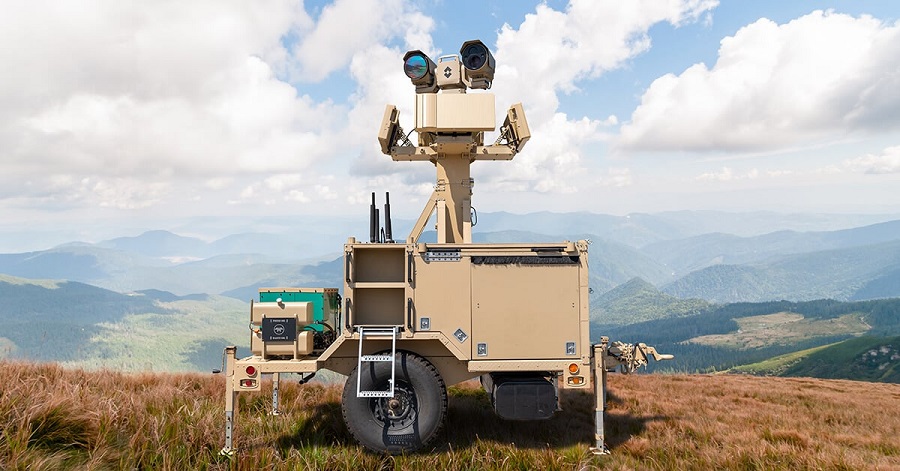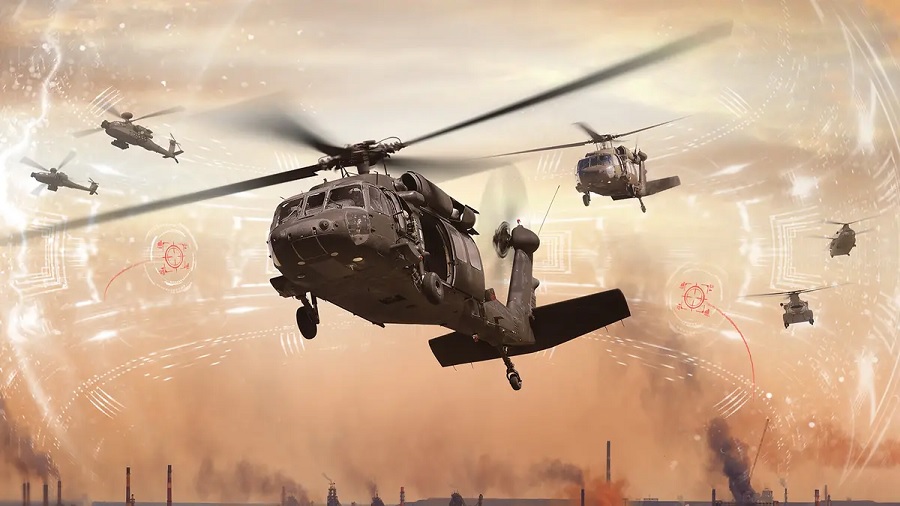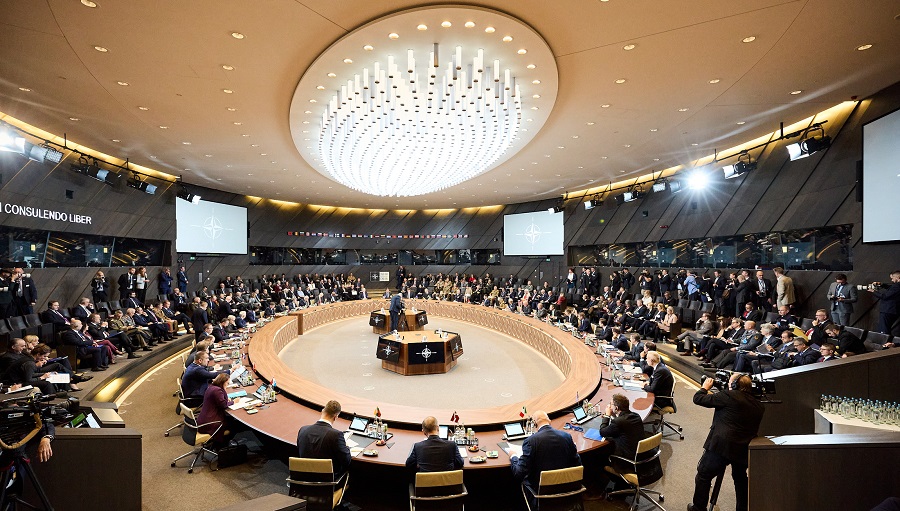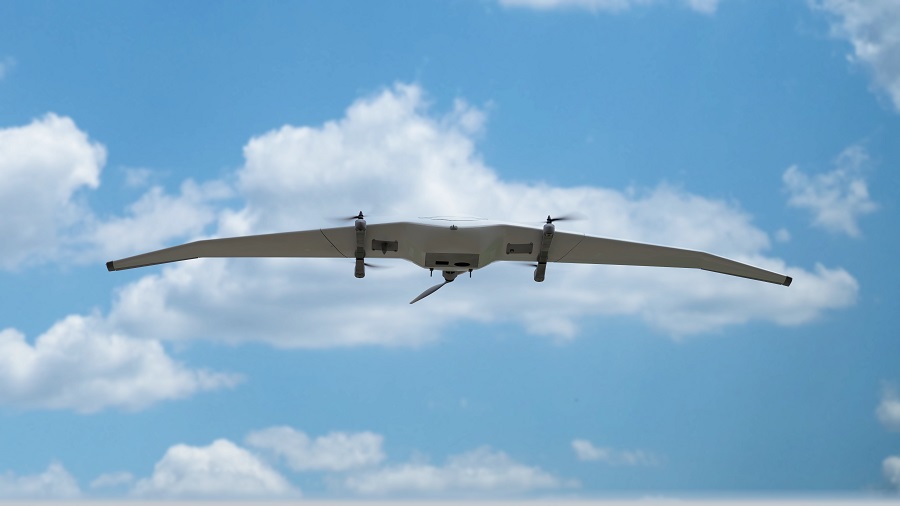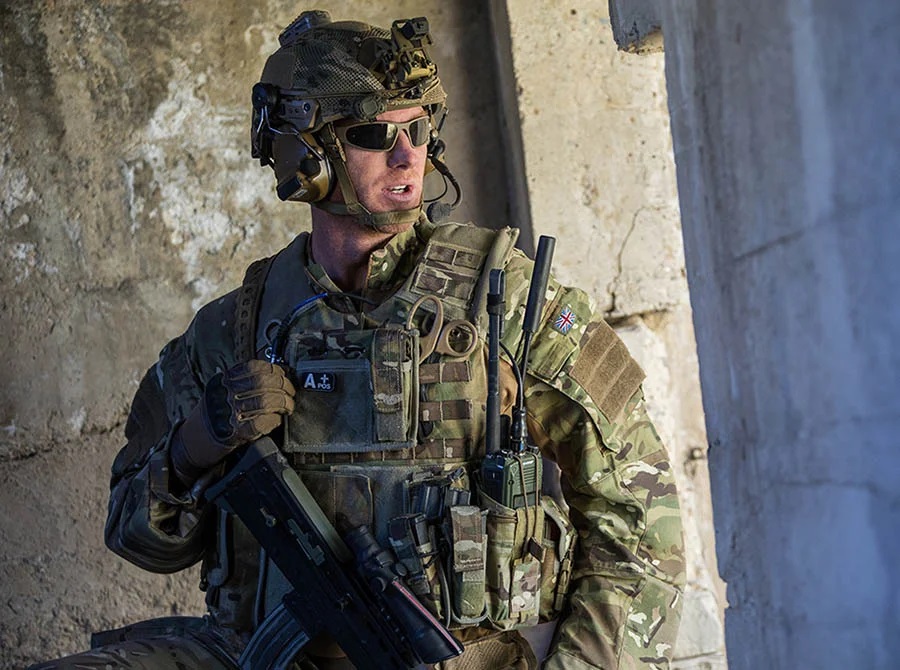Lukasz Prus, defence-industry.eu: BDSV comprises Germany’s largest defence industry companies. I suspect that no one is anywhere near as well-informed about the situation in the industry as you. So what is the state of the German defence industry today? What advantages enable it to compete successfully in the European and global market, and what are its worst problems today? What support do you feel it needs from the government or organisations such as BDSV precisely?
Dr. Hans Christoph Atzpodien, Managing Director of BDSV: This question addresses a number of different aspects: The overall state of our German security and defence industry is good as it comprises strong “system houses” as well as a lot of highly specialized SMEs, which altogether make it a leading industry branch on the European and even World level. Most of the companies are privately owned, which, on one hand, is a strength, but on the other hand can result in a disadvantage compared with other competitors, which are constantly nurtured by governmental shareholders and clients. Problems are arising for our industry in case the conditions for a European Level Playing Field will deteriorate (which might happen in case Germany would isolate itself in terms of European armament cooperation, for example by exercising even more restricted standards in armament export licensing).
The German defence industry has for decades been associated with top-quality products. I am thinking of submarines, tanks, armoured vehicles, small arms, artillery and much more. In your opinion, which German products are currently the best and most promising in terms of exports?
The German Government has identified certain technologies as “German sovereign technologies” which at the same time represent the main strongholds of the German security and defence industry (as laid out in a governmental paper – in German called “Strategiepapier zur Staerkung der Sicherheits- und Verteidigungsindustrie” of February 12, 2020). However, even beyond this definition, our industry comprises a lot of strong players in every field of technology (except nuclear). Whether such technologies are promising in terms of exports depends more on the export control standards of the German Government than on the technologies as such.
The European Union is increasingly stressing the need for the implementation of joint-arms projects under a number of EU instruments like EDF, PESCO etc. German companies will have a key stake in the FCAS and MGCS programmes. Obviously, at the top tier, decisions about these programmes will depend on political arrangements, but I would like to ask how you envision the participation of German companies in these – as well as other – international defence programmes? What positive contributions can these programmes make to German industry, and what difficulties will arms companies have to overcome?
The German security and defence industries are absolutely open and prepared to enter into European armament cooperation-schemes. However, what a successful cooperation requires in any case is a strong political determination of the participating governments, a common idea of the respective product and an industrial strategy, which in the case of Germany we hope to see as part of the envisaged National Security Strategy.
We often hear it said in the media that the German arms industry is unable to meet the needs of the Bundeswehr itself, let alone the armed forces of other European countries that are now purchasing weapons in huge amounts, such as Poland. I am talking specifically about long lead times and high prices. For example, in the South Korean media it was recently stated that the Leopard 2A7 tank and the PzH2000 howitzer are twice as expensive as the K2 tank and the K9 howitzer. Is this true? What do you think today about the ability of German companies to meet the Bundeswehr’s and other European armed forces’ need for modernisation? What can be done to improve the competitiveness of German companies?
I am not able to tell anything about concrete pricing differences. Nevertheless, what I am daring to say is that a higher price of equipment as developed for the Bundeswehr in most cases results from very specific and sophisticated requirements, which our Bundeswehr procurement organization has decided to adopt over the last decades. The most famous example is that inside the Leopard tank there have to be conditions like at any ordinary office space where men and women, according to German law, have to do their daily office work for eight hours or more. Among the Bundeswehr requirements you can find many other examples of this kind, which means that equipment for Bundeswehr tends to be more costly, risky and time-consuming that normal robust equipment which just follows mainstream requirements. Therefore, what we need to achieve in Germany is a tearing-down process of such special requirements. This will also foster European cooperation by harmonizing standards. Our demand is that the Bundeswehr finally allows us to supply them with the same sort of equipment, which we are supplying to other NATO-clients to their satisfaction. Competitiveness needs economies of scale, i.e. large numbers of the same equipment for more than only one customer. Furthermore, our competitiveness depends on our European discussion on sustainability. It needs to be understood that security is key to any sustainability and therefore our supplies to NATO armed forces are an active contribution to our sustainable living.







